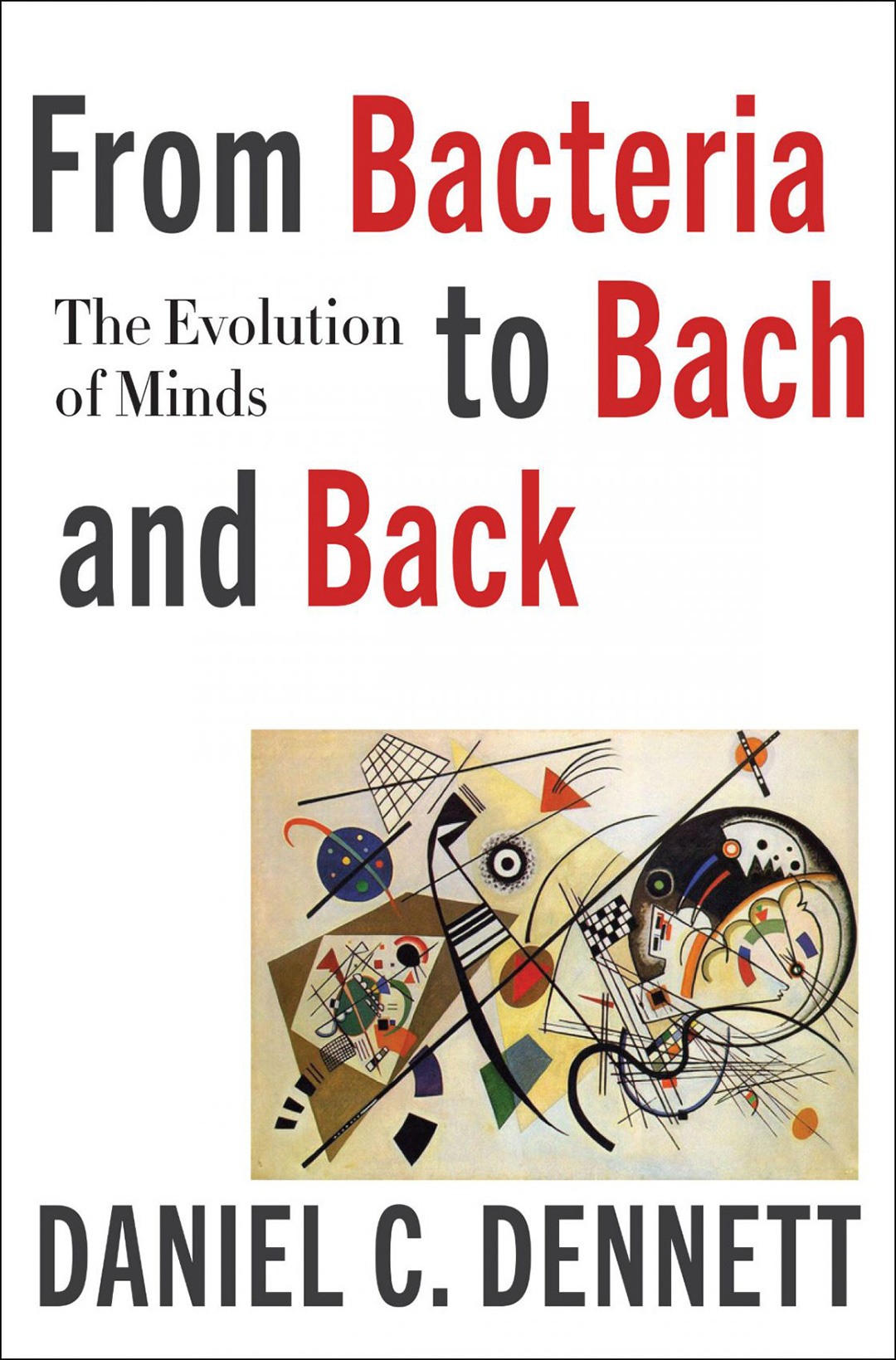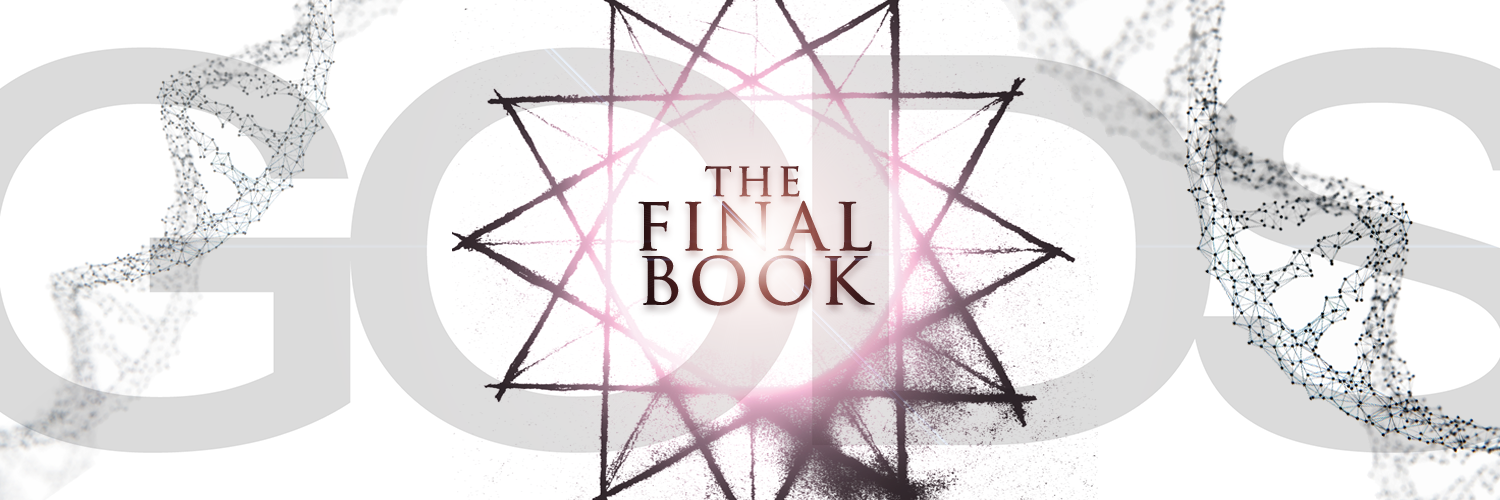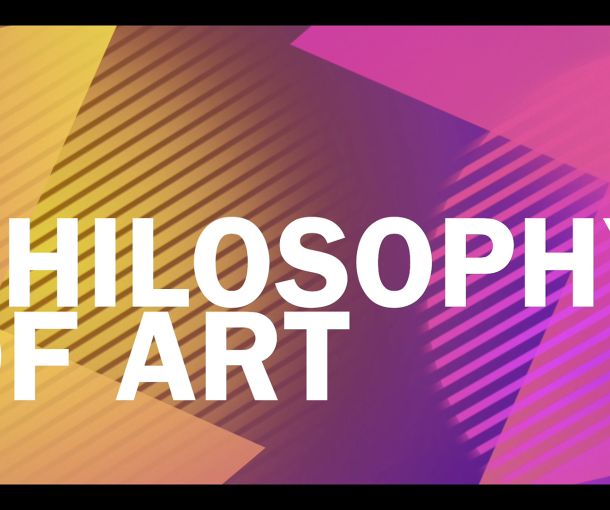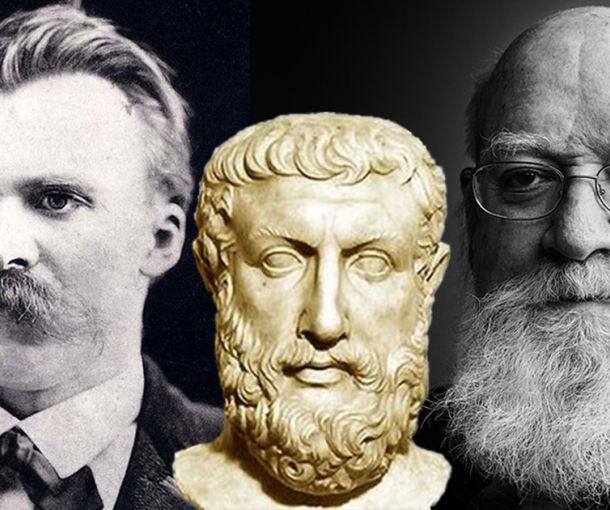Philosophy Book For Beginners

I recently contributed to the following question: what are some of the best books for beginners of philosophy? This is kind of loaded question–are you looking to get "into" philosophy? Are you trying to figure out or define what philosophy is? Are you just looking for something that will make you think about life and your place in it?
Philosophy can be an intimidating subject, especially since everything we know at its highest level is a philosophy. For instance, a Ph.D. is short for Doctor of Philosophy. With an overwhelming number of disciplines and subjects to choose from, not to mention building philosophy's context by understanding its history which stretches way back to the ancients, beginners can be left with analysis paralysis. Greek philosophy set the stage of thought for western civilization; Heraclitus, Parmenides, Socrates, Plato, Aristotle—and nearly 3000 years later we’re still arguing about the same topics. And, truthfully, even with all of the techological innovation, very little has been solved.
So, fast forward to now. Perhaps you're just dipping your toe. With all of human history behind us, what do we now know? What have we learned? From the moment single celled bacteria started a chain reaction of life on this planet, all the way to the complex being and genius mind of Johann Sebastian Bach, in From Bacteria To Bach and Back: The Evolution of Minds Daniel Dennett explains how comprehension bootstrapped itself from mindless bottom-up natural selection. Praised by contemporary academics but written in such a way that a normal person can understand—without specialized training or years of philosophy—Dennett’s key theory breaks down the idea of competence without comprehension. How thinking minds can be very good at doing a variety of tasks, but never truly understand, nor need to understand, why they are doing them.
Comprehension, or understanding, arrises out of the concept of “why?”. Answering “why?” is broken down into two categories, form and function. When we ask “why?” we’re really asking two different things—“how come?” and “what for?”. When we ask a “how come?” question, we are seeking an answer to cause and effect; i.e. why is the ground wet or how come is the ground wet? Perhaps it rained. Once the cause and effect is answered, naturally we then seek to discover function. Why did it rain or what did it rain for? What’s the purpose of rain? At that point you discover an entire ecosystem of function; understanding weather, the use of water by plants and animal, etc. Generally when pursuing “why?”, further “home come?” and “what for?” questions arise out of the initial question. The more questions that are answered, the more comprehension one has.
Dennett uses the evolution of comprehension, how and why thinking minds work, and contrasts that against the challenges of artificial intelligence. From Bacteria to Bach and Back is a revelation, a truly mind expanding read that puts into context our entire existence—where we came from and how we arrived here—to where we’ll go and the biggest challenges to developing minds in the future.
Out of many philosophical reads, this one attempts to answer the “how come?” and “what for?” of understanding your mind, and does it with common themes and creative examples that can be appreciated by most casual readers. Regardless of your perceived philosophical level, everyone should read this book as it stands at the cusp of contemporary philosophy–this is what the best minds in the world are thinking right now.
Title: From Bacteria To Bach and Back: The Evolution of Minds
Author: Daniel Dennett
Amazon: https://www.amazon.com/Bacteria-Bach-Back-Evolution-Minds-dp-0393355500/dp/0393355500/













